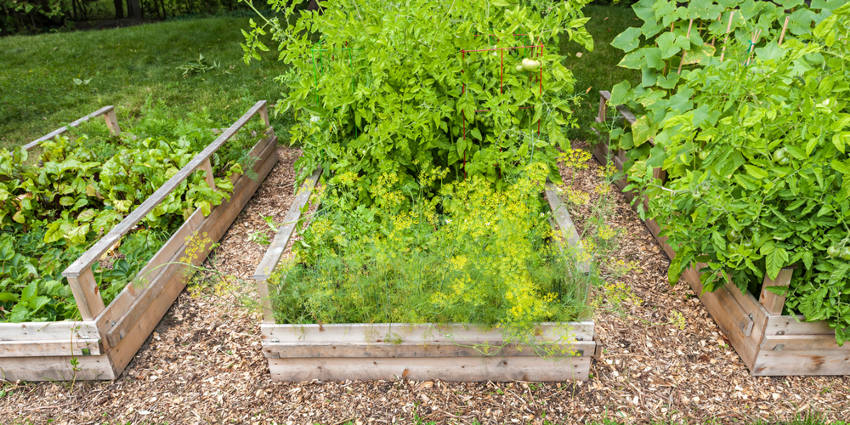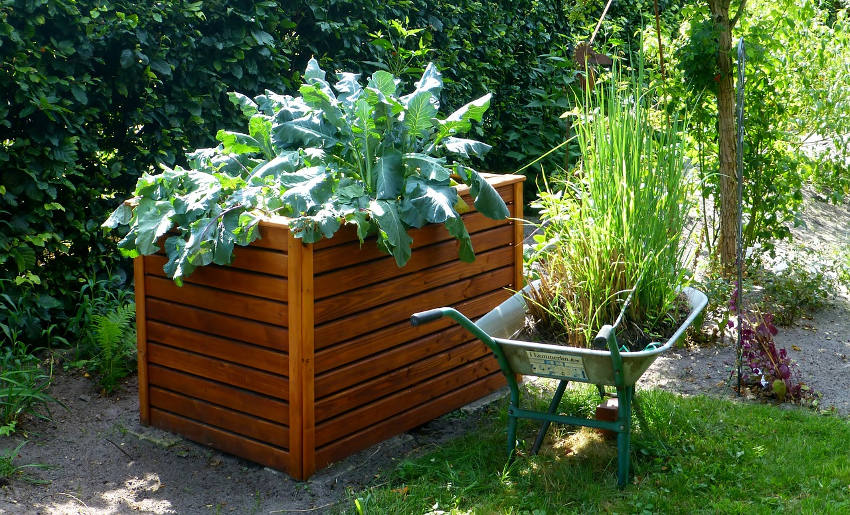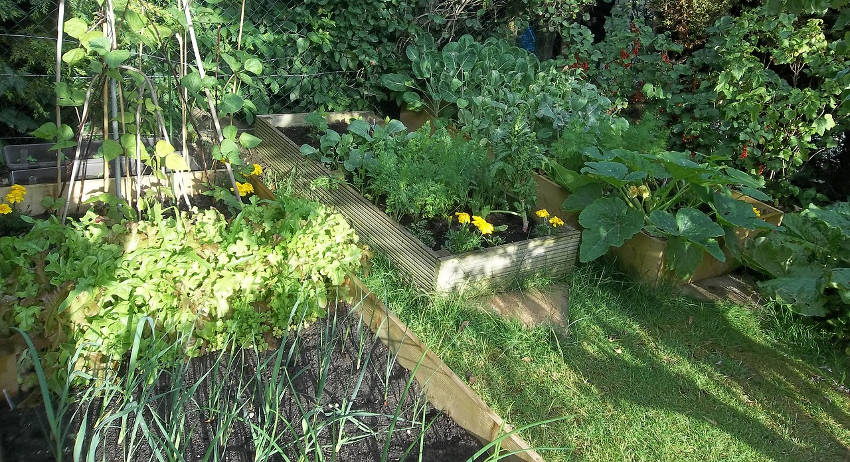Are Raised Garden Beds Better
Whether you want to grow vegetables, herbs, flowers, fruit trees, or any other type of plant, you have a few options available depending on where you live and how much space you have. Raised garden beds have become extremely popular in recent years, and many gardeners are moving in this direction. There are many upsides to raised garden beds, but there are also some downsides that should be considered before making your final decision.
The Pros of a Raised Garden Bed
Raised garden beds are great for people with physical challenges - When building your raised garden bed, you can decide how high or low you want the bed to be. You can also determine how wide and how long your bed will be. This makes raised bed gardening ideal for people who have physical challenges that make bending and kneeling hard or impossible.
You have more control over soil conditions - Getting the soil condition just right in the earth can be very frustrating. However, with a raised garden, it does not take much to get the soil conditions perfect, and with several beds, you can have as many types of soil as you want, or as your plants require. You also have more control over how well your garden beds drain when watered.
Fewer problems with weeds - If the raised garden beds are constructed, maintained and managed properly, you should not have many weeds. Ideally, you will use garden fabric in the bottom of your beds, and this will kill the grass and weeds under the bed.
Your raised garden will be safe from most pests - If you live in an area where rabbits or other burrowing animals are an issue lay chicken wire on the ground below the garden fabric in the base of your beds, make sure that the wire extends slightly past the edges of your bed. This will help to keep rabbits out of your bed. If your garden is high enough, you will not have problems with dogs, but cats may still be a problem, as well as deer.
You can choose where your garden is located - If you plant in the ground, you are more limited in terms of where your garden can be placed. You have to plant where the available space is. This can prevent you from having a garden at all if the available ground does not get enough sun, doesn't drain well, or has some other obstacle to successful gardening. However, raised beds are more flexible then can generally be placed where you want them to be and designed to fit the space you want your garden placed. They can also be built on top of other surfaces like gravel, sand, paving or concrete.
Raised beds allow you to plant earlier than usual - The soil in raised beds tends to be quite a bit warmer than the earth. This allows you to plant your seeds or transplants earlier, which gives you a longer growing season.
Raised beds canl be more attarctive than regular gardens - Raised beds can be designed in unique shapes, and they can be made with a wide range of materials. It's up to personal taste but raised beds are often considered more visually appealing than ground based gardens.
The Cons of a Raised Garden Bed
Raised gardens may require more water - You may hear raised garden beds require more water. You may also hear they require less water. Both statements are true, but it depends on the material your beds are made of, the soil conditions, the plants that are growing in the bed, and weather conditions. It is important to learn the watering needs of your plants based on these conditions.
Raised beds can cost more to establish - Beds that are constructed of quality materials, such as cedar wood, can last for decades, but the initial cash layout to build the beds can be a little high. You may be able to get recycled at little or no cost, but if the materials are not of sufficient quality, they will have to be replaced, which will cost more money. Purchasing enough soil for your beds can also be costly. You will most likely need to purchase additional soil each growing season, but the initial soil purchase will be the most costly.
Wood can rot - You may be tempted to curtail the cost of a raised bed by using cheaper wood, such as pine. However, cedar is a better choice. Cedar is fairly resistant to rot. It also helps to repel harmful insects. If you use cheaper wood, it will most likely rot within a year or two. You should not use treated wood for your raised garden beds(especially if you are growing food), and most untreated wood rots fast outdoors.
Heat can be a problem - Because the soil is warmer than the earth, your plants could easily burn up in a raised bed. It is vital you ensure your plants are getting the water they need during the hot summer months.
Raised garden beds may be popular, but they are not necessarily the right choice for all gardeners, or all gardens. It is essential you carefully consider the space you have available for planting, the pests in your area, the needs of your plants, the cost of establishing your garden, and your physical challenges, if any, when deciding whether your garden will be a ground garden or a raised garden.




Are Raised Garden Beds Better
Source: https://www.theseedcollection.com.au/blog/the-pros-and-cons-of-a-raised-garden-bed/
Posted by: baughhosen1995.blogspot.com

0 Response to "Are Raised Garden Beds Better"
Post a Comment